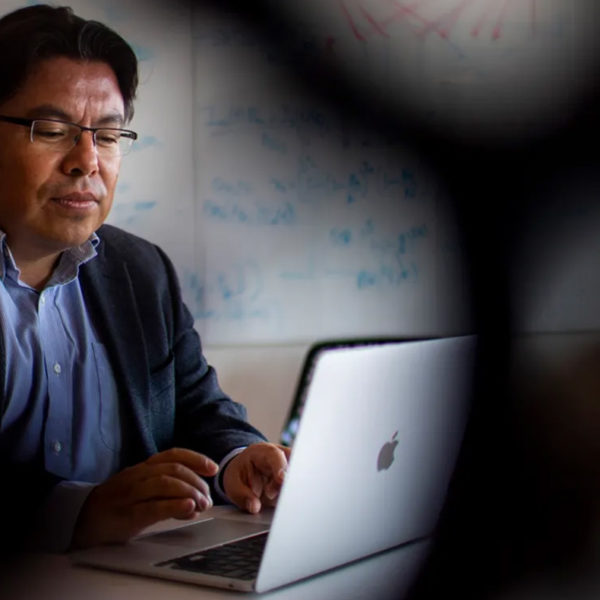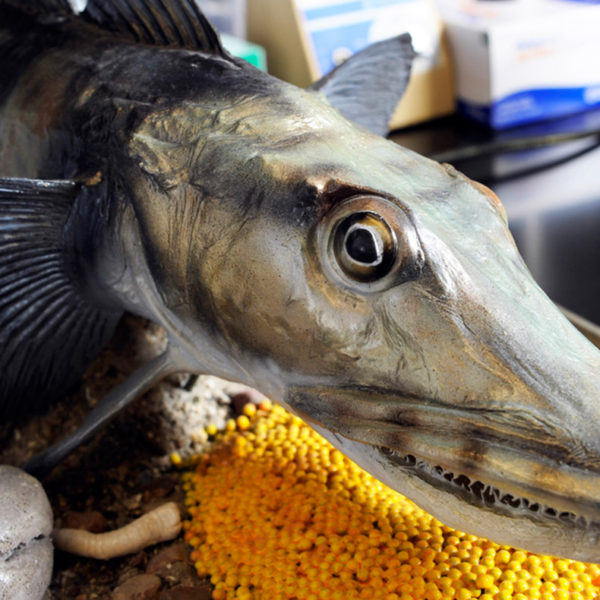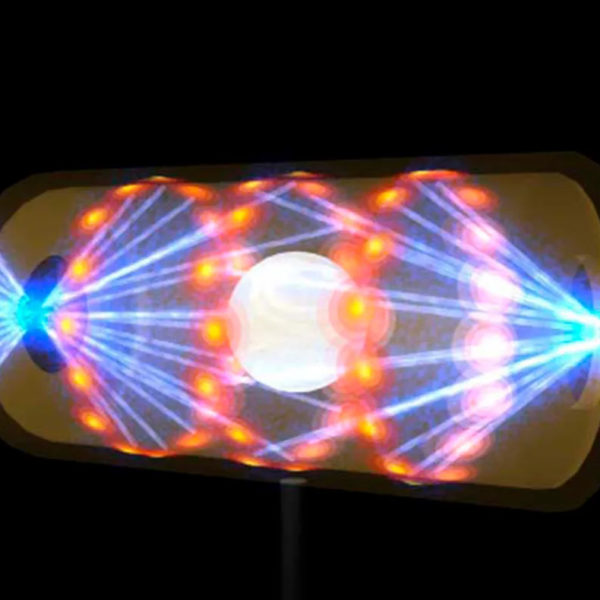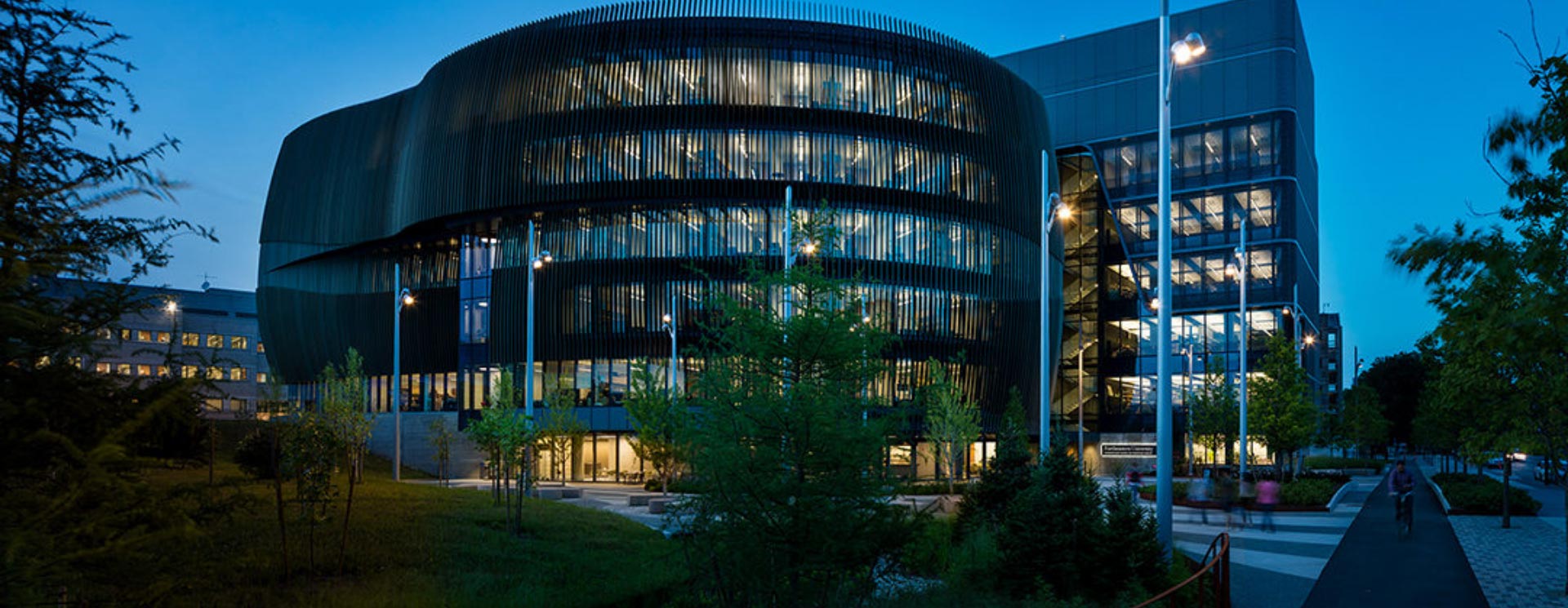
Science, Our Endless Frontier
The big questions of today require more than the sum total of our knowledge and ingenuity—they demand data, and lots of it. By harnessing powerful tools and algorithms, researchers can decode scientific complexities faster and at greater scales than ever before. A new, data-driven frontier has emerged, empowering scientists to transform our understanding of the world.
And with 37 interdisciplinary research centers and institutes, 15 of which are housed in the College of Science, Northeastern stands at the edge of the frontier. Come be a part of the next era of discovery.
Sort By Research Area
Motor skills such as throwing a ball, eating with knife and fork or dancing are uniquely human and key to functional behavior. Optimizing the acquisition and preventing or reverting the degradation of skill requires a rigorous quantitative understanding. The Action Lab analyzes how human neurophysiology and task mechanics constrains sensorimotor skills and their change. This work has applications for and performance enhancement and recovery after neurological injury.
The Apfeld Lab seeks to dissect the interplay between redox processes and age-dependent changes in tissue function in the nematode C. elegans, in order to shed light on the association between the dysregulation of the cellular redox environment and many human diseases of aging.
Dr. Ayers’ research focus is on the neuroethology of motor systems in invertebrates and lower vertebrates and the application of this knowledge to the development of advanced robots.
中心’s objective is simple: think networks. Research focuses on how networks emerge/evolve, how they look, and how they impact our understanding of complex systems. CCNR’s research has developed to unexpected areas, including the topology of the World Wide Web; complex networks inside the cell, and the Internet’s Achilles’ Heel.
This university-wide center aspires to play a key role in shaping and implementing the K-20 STEM (Science, Technology, Engineering, and Mathematics) Education strategy at Northeastern University, and to impact STEM teaching and learning at all levels, both locally and nationally.
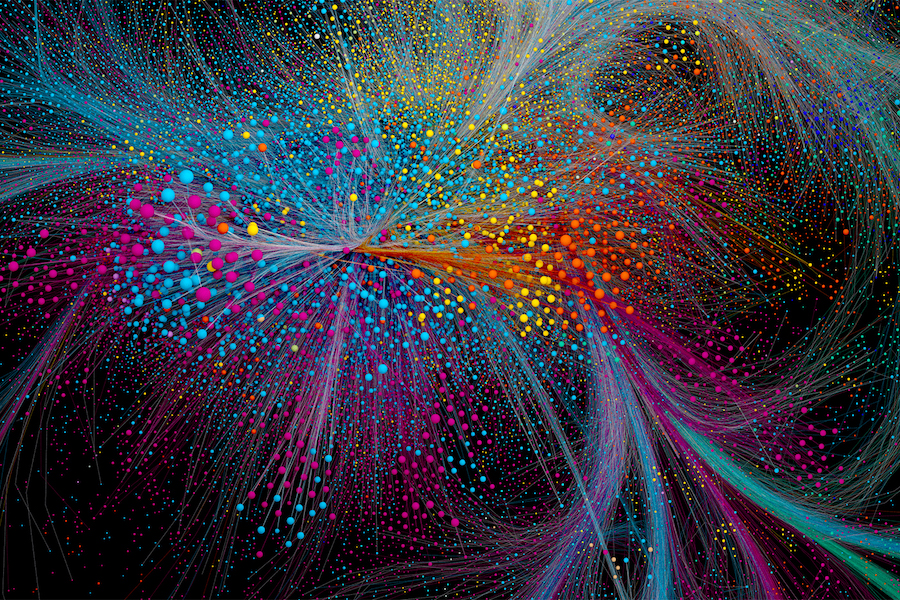
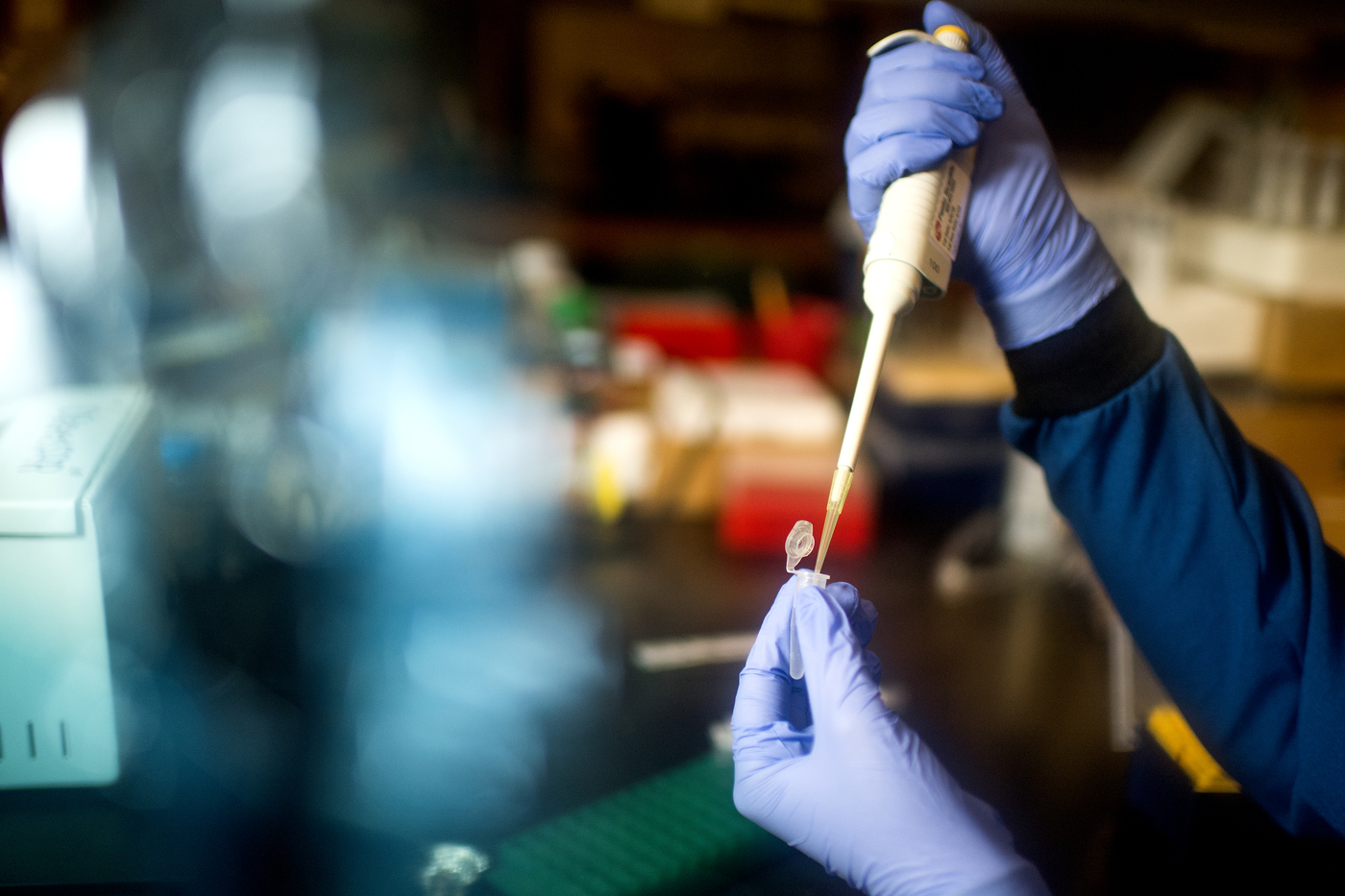

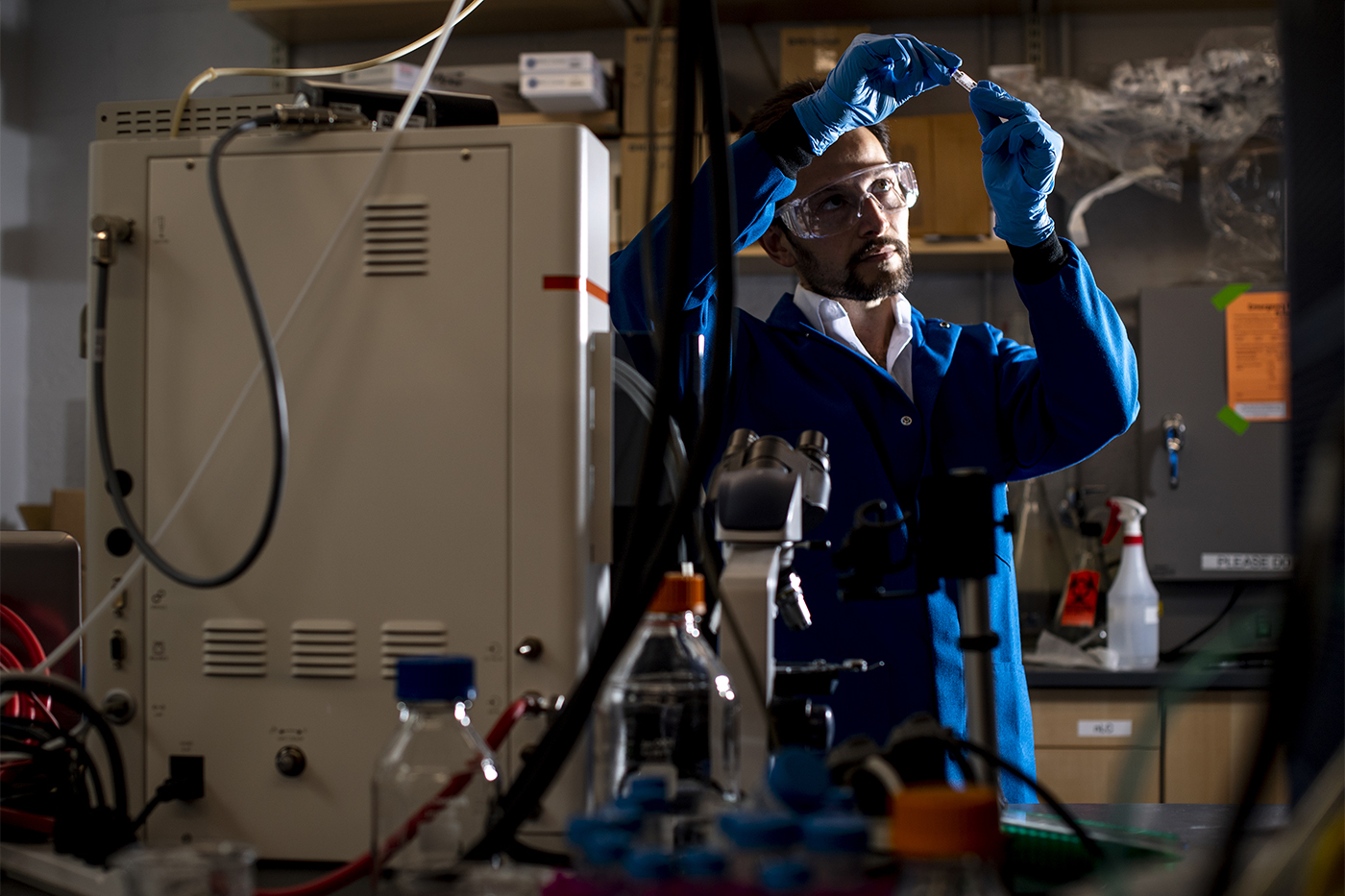
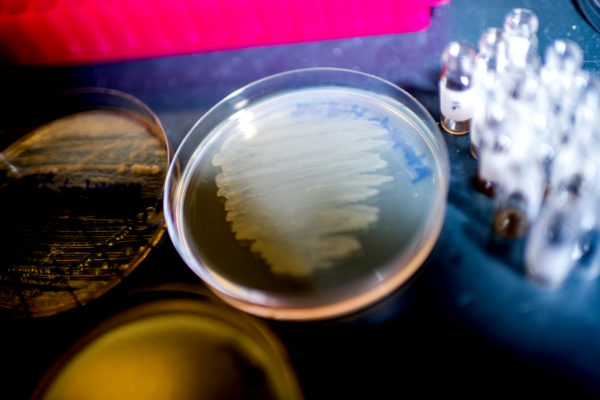
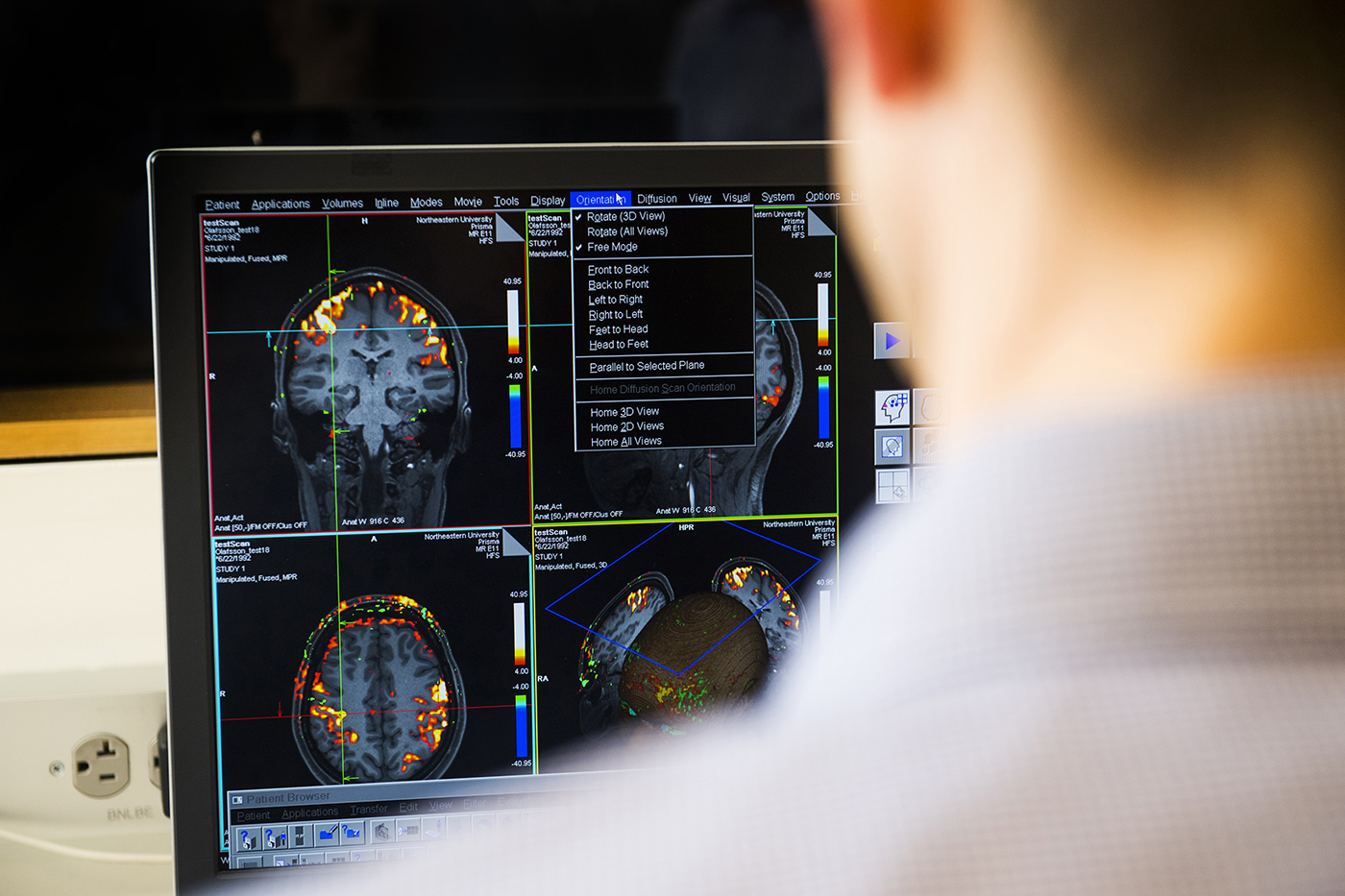
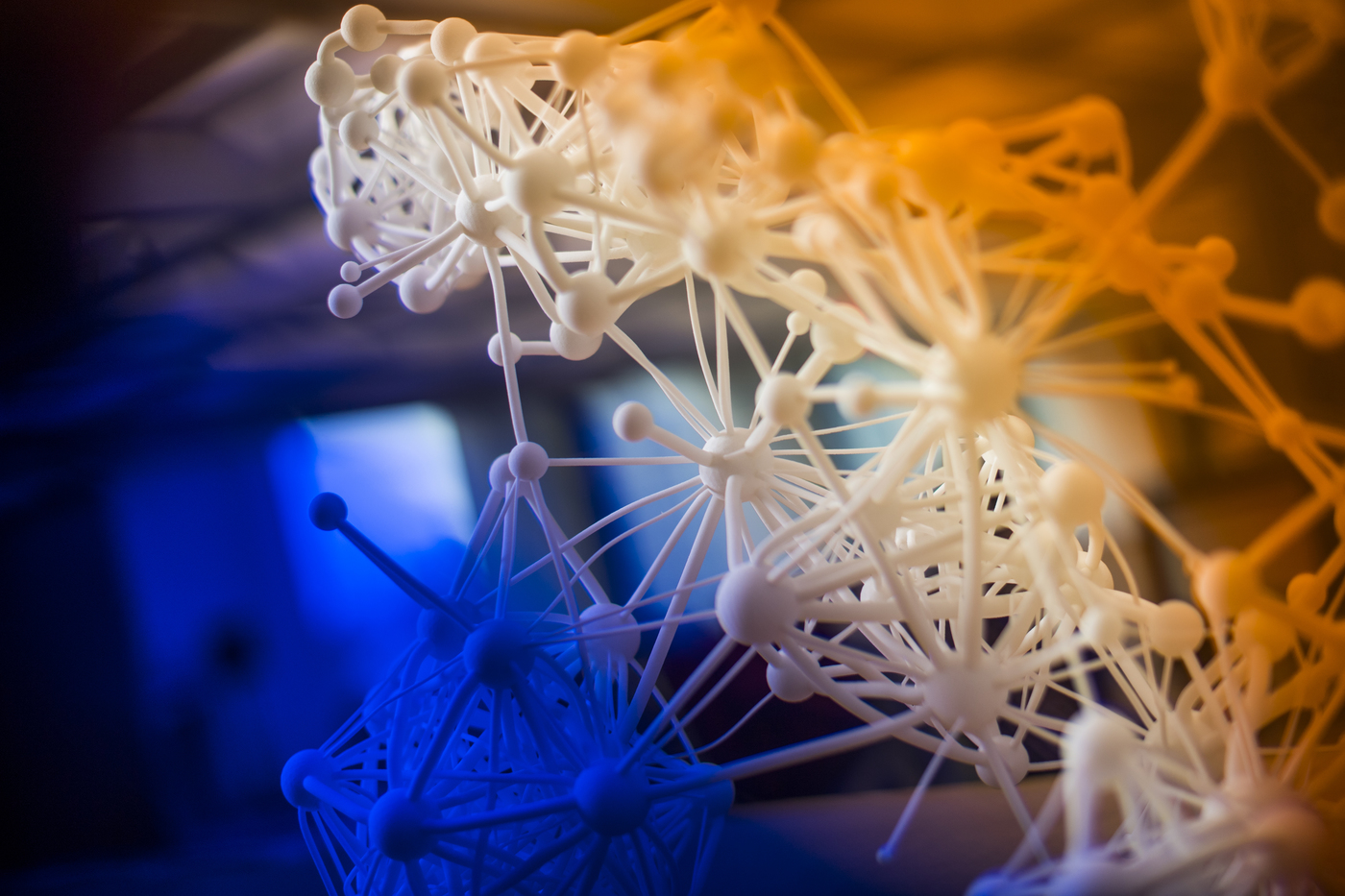
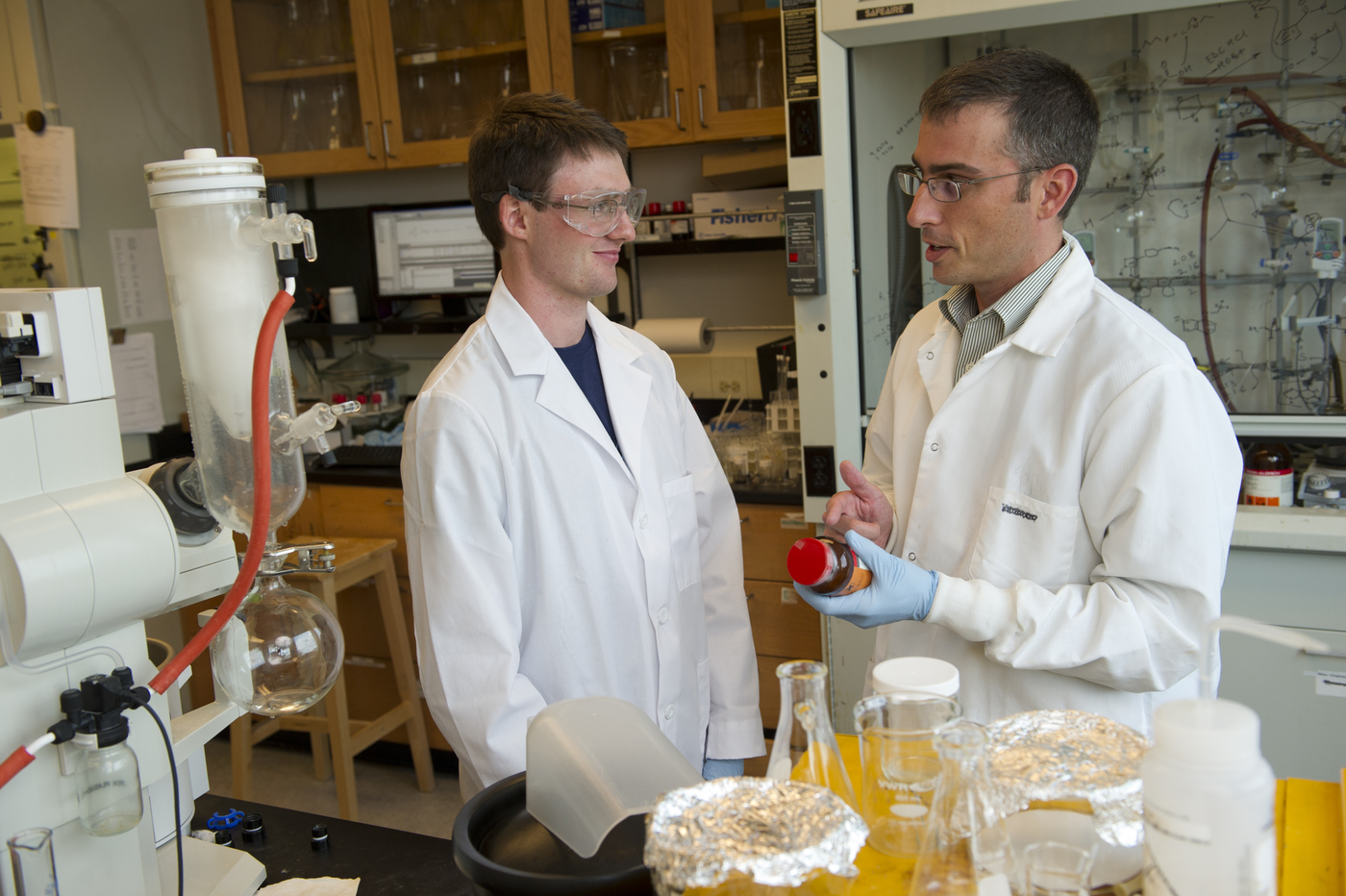

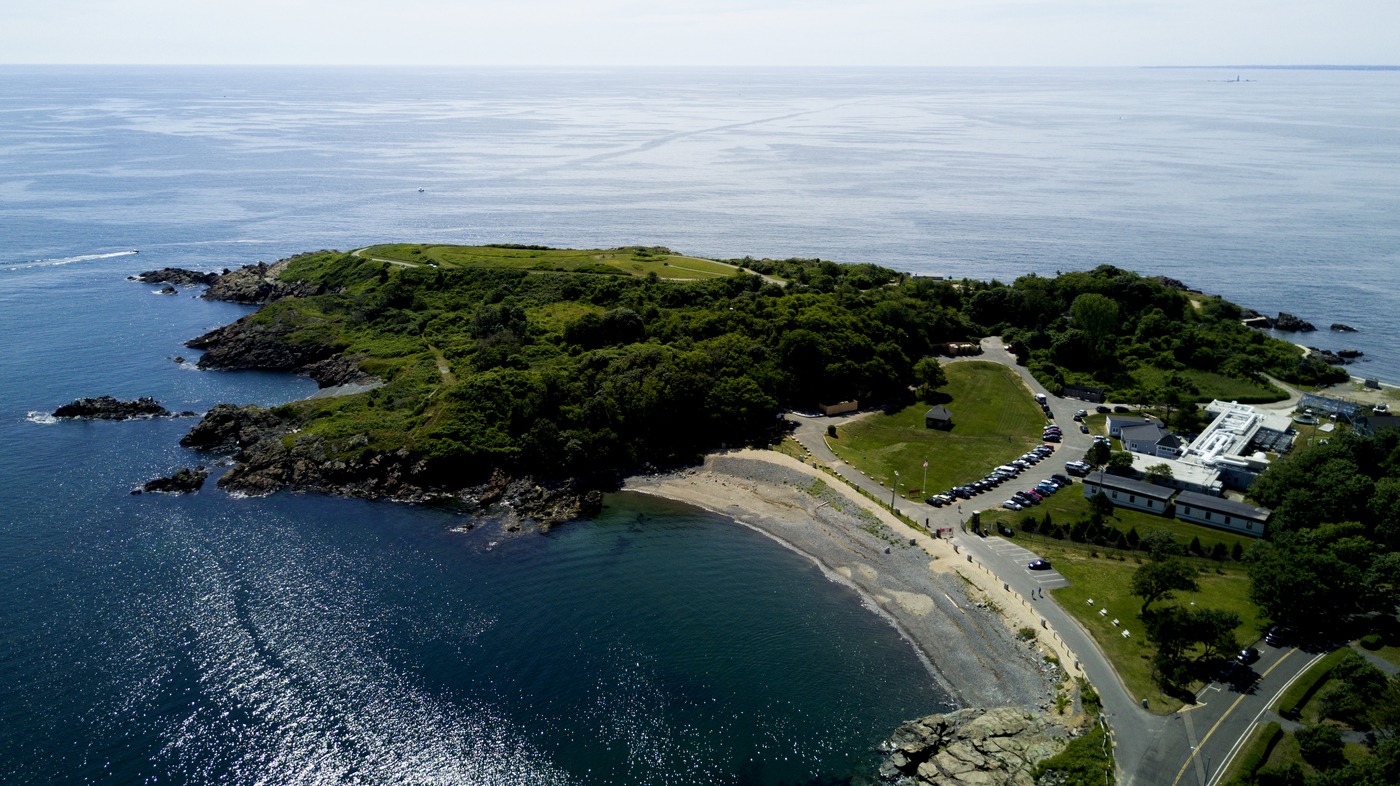

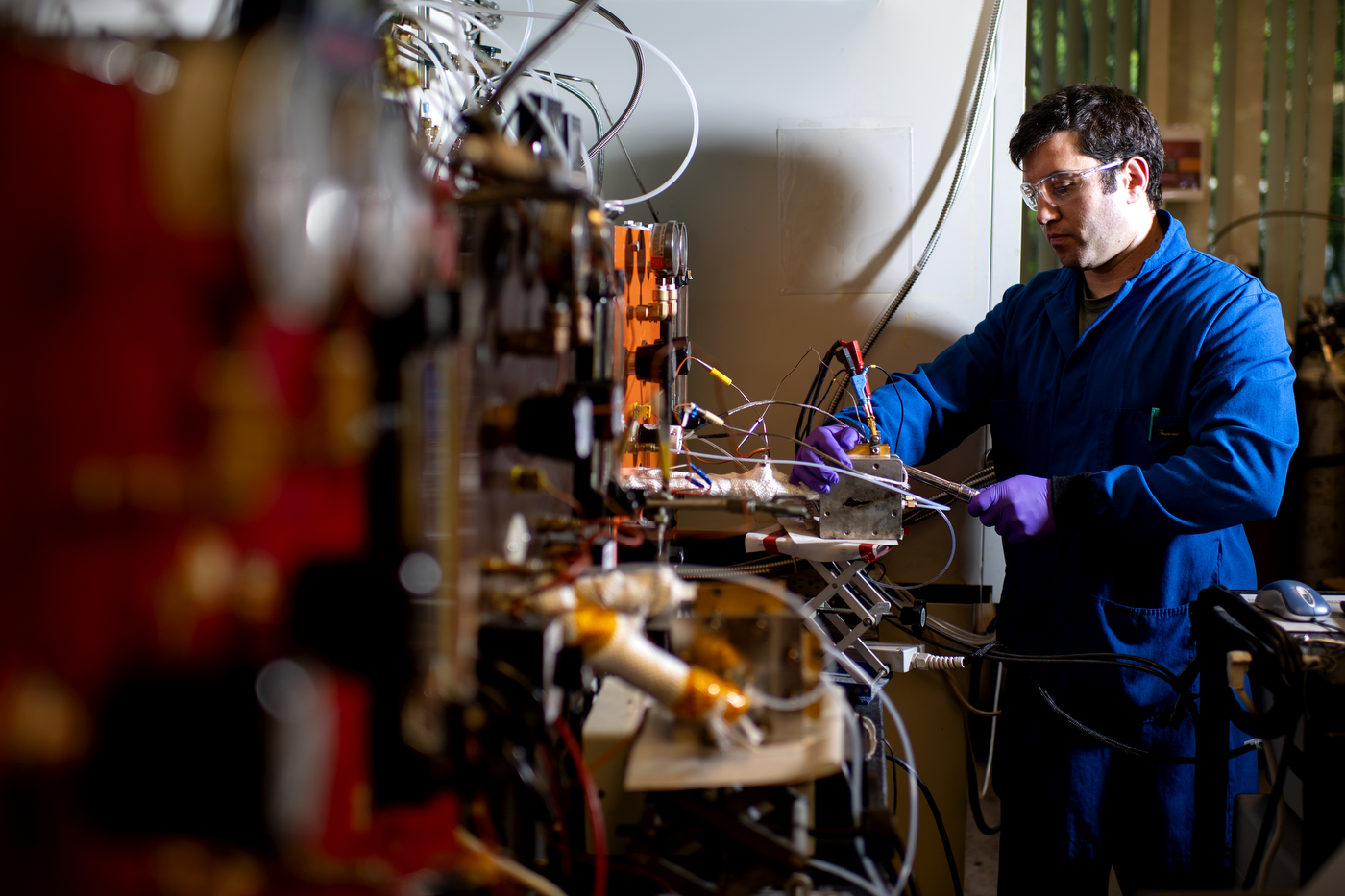


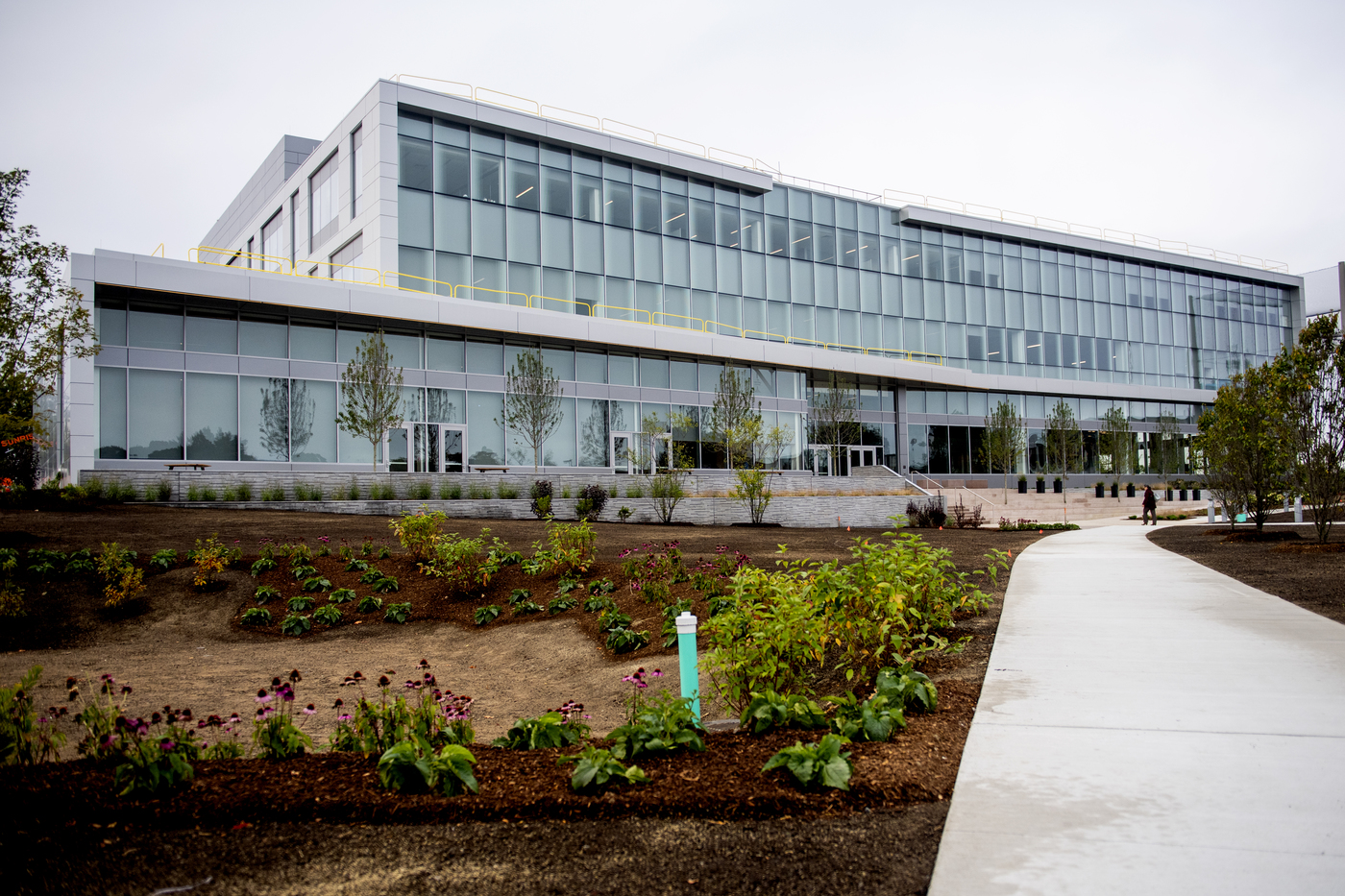
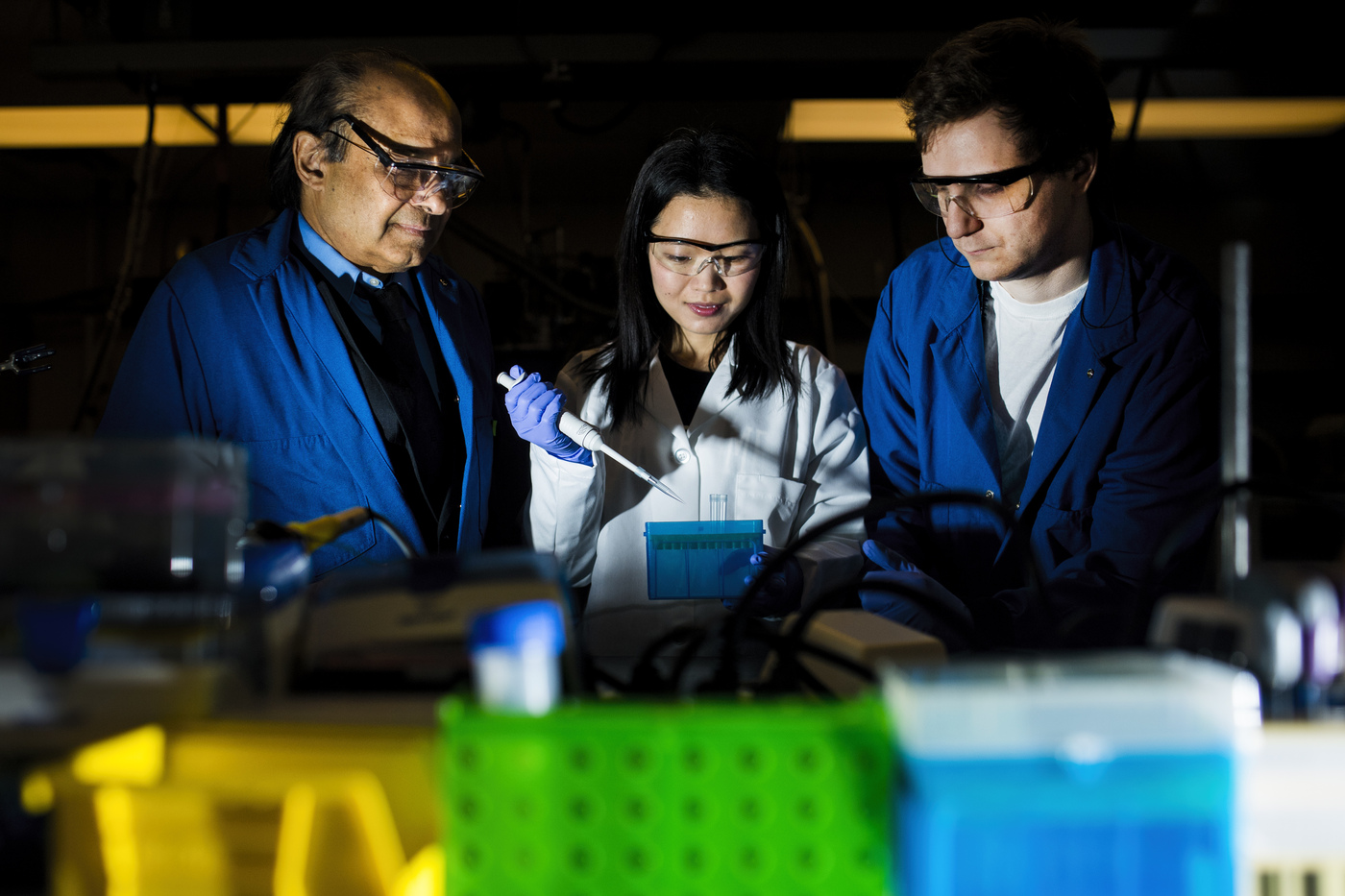
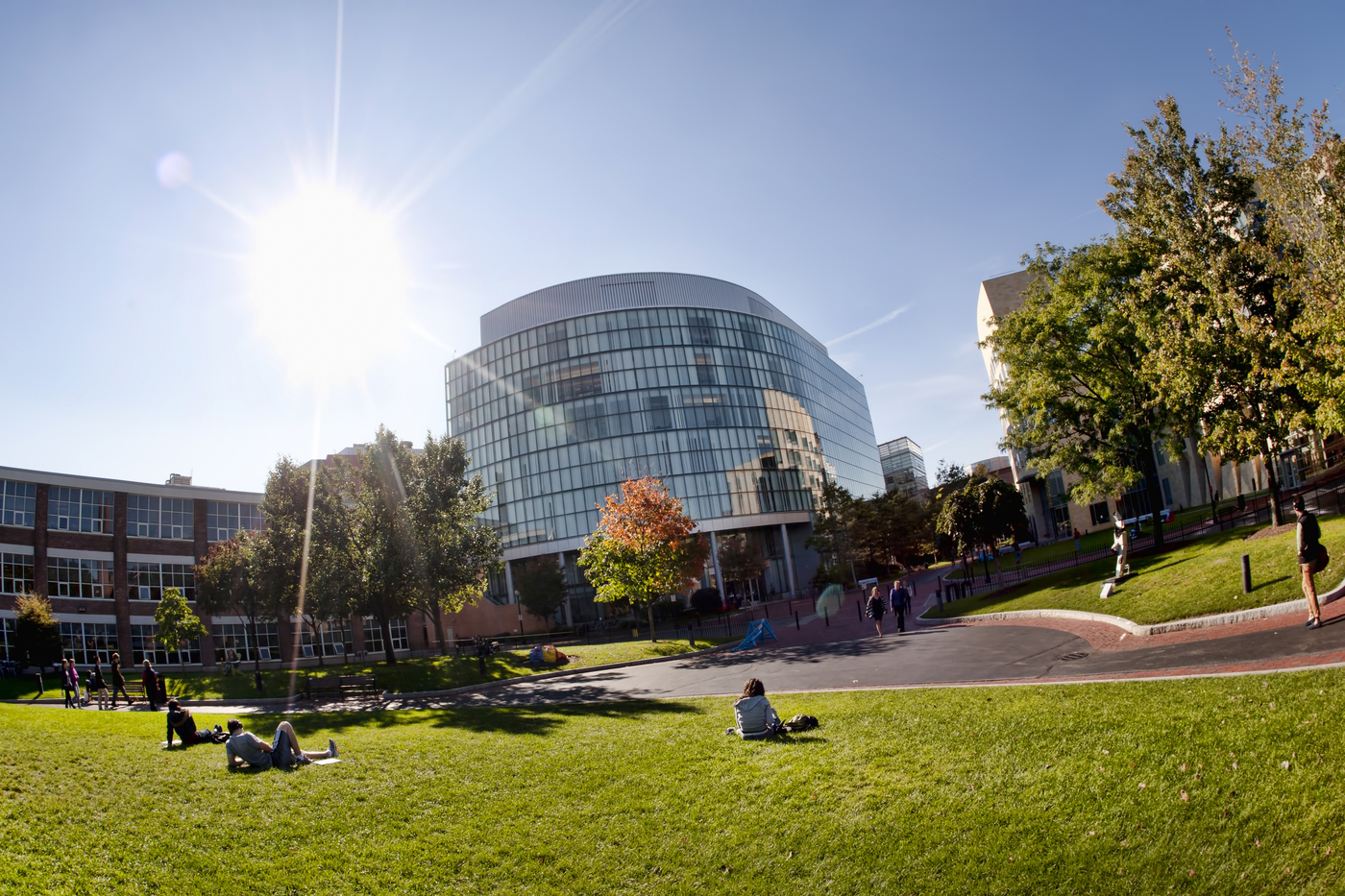
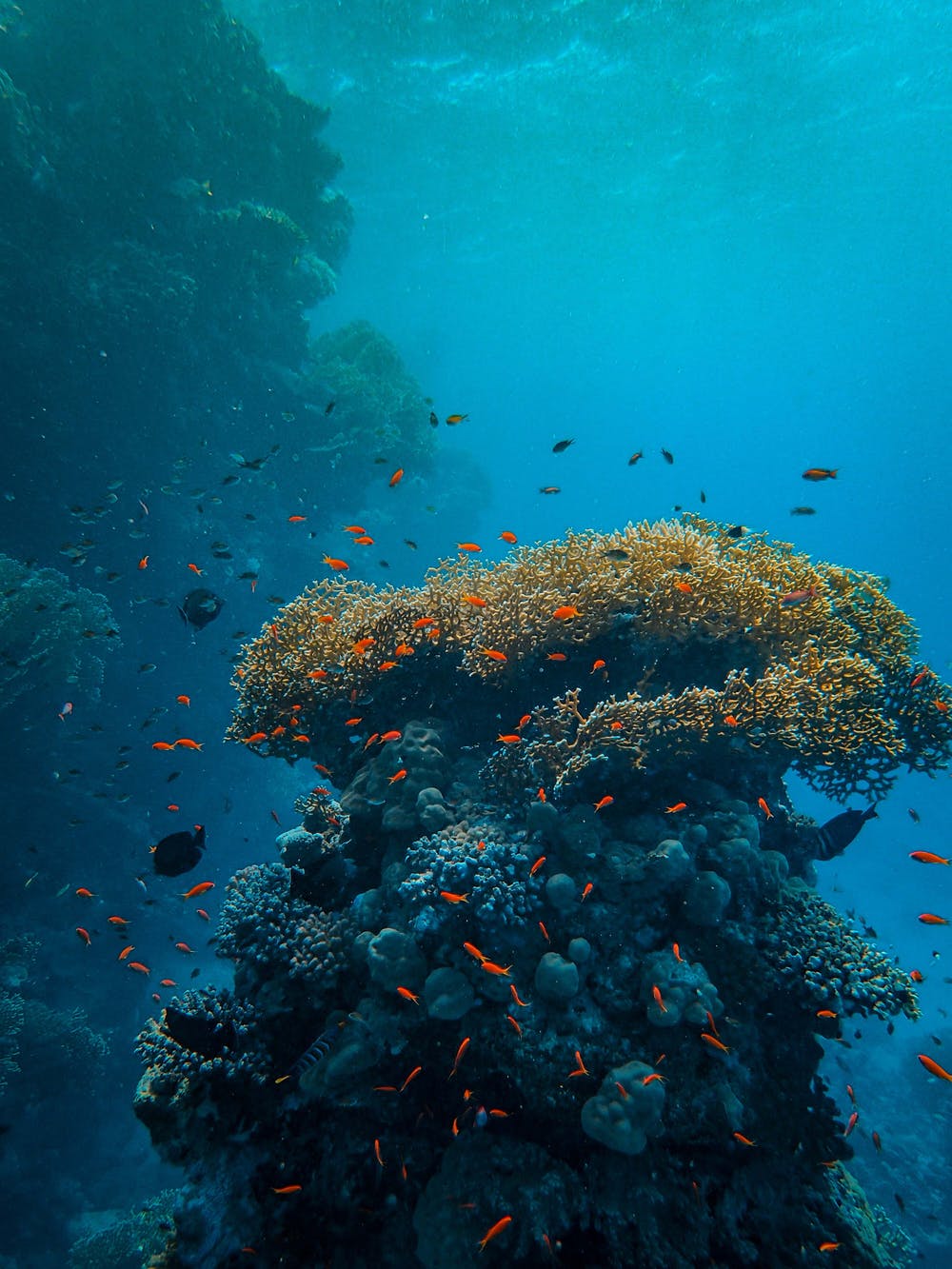
More News
